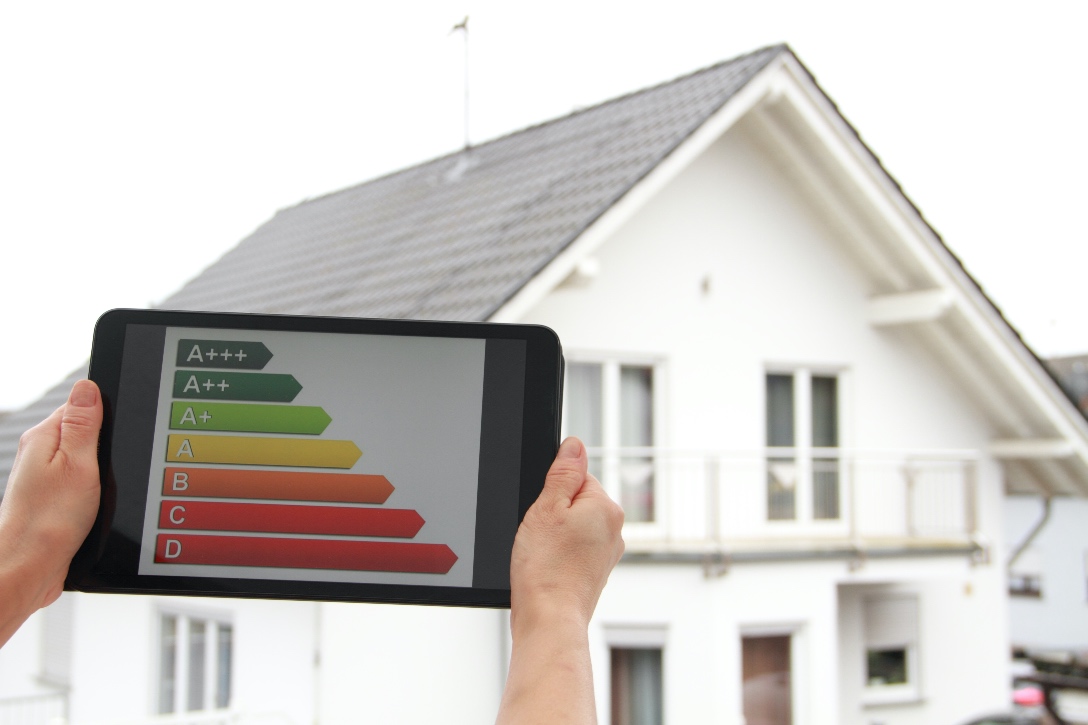How to get a mortgage for a holiday home
There are two borrowing options when it comes to getting a holiday home mortgage:
-
Borrow money secured on assets in the UK and use it to buy your holiday home. This typically means remortgaging your current residence and using the equity to buy your holiday home outright.
-
Or you could take out a mortgage on your new overseas property with a local lender.
If you’re looking to buy a home in a popular destination such as Spain, France, or Portugal, there are a number of UK high street banks that have an international mortgage service. As mortgage brokers in Manchester, we can help identify the lenders with the best overseas mortgage rate to make your move abroad as smooth as possible.
However, it’s worth noting that when your mortgage is set up with a UK bank, you’ll be communicating with the foreign arm of the bank once your mortgage is approved.
Getting a mortgage for a holiday home abroad
If you’re choosing the latter option of borrowing, it’s best to use a specialist broker who can provide information on the country you’re looking to move to, including a list of estate agents and lawyers. Though mortgage rates in some areas of Europe are far lower than in the UK, overseas mortgage brokers aren’t covered by the Financial Conduct Authority, meaning you’d struggle to receive compensation if you were given the wrong advice.
Deposits on overseas property
Another factor to bear in mind is the deposit. In Spain, it’s common for overseas buyers to pay 30%-40% of the property price as a deposit. Deposits are also non-refundable in some countries. To avoid losing out, make sure you research the mortgage application process in the country you’re hoping to relocate to and discuss your options with a lawyer or bonded estate agent.
Holiday home mortgage pros
There are many advantages to getting a mortgage for a holiday home abroad. Here’s some of them:
-
Interest rates tend to be lower than those in the UK. In Portugal, some mortgages are available with interest rates as low as 0.5%.
-
It’s an easy getaway. You don’t have to worry about booking a hotel and packing too much; it’s all there waiting for you.
-
Hotter climate
-
Beautiful locations
Cons of buying a holiday home
-
It can be difficult to meet the tough criteria set by lenders when applying for a holiday home mortgage.
-
If you’re planning to let out your second property to holiday makers, you run the risk of the house and furniture getting damaged.
-
Extra costs such as insurance, maintenance, ground rent, and country specific taxes need to be taken into consideration when investing.

